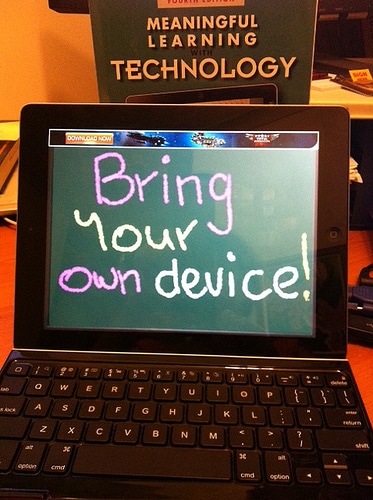– Manuel Eriksen, in-house journalist with SocialMonsters, says:
Keep Data Safe
All those self-help books love telling us that if we have a fun job, it doesn’t really count as work. There probably is some degree of truth here, as finding joy in our daily duties goes a long way in minimizing boredom and burnout.
We were also told in the past to keep our work time and our playtime entirely separate, but unfortunately, our technical culture has modified this approach. Our mobile devices make it so easy to stay plugged in outside of the office and the traditional 8-hour workday. If we have a project in motion or a fire that’s not quite extinguished at quitting time, it’s tempting to check email before bed, or log in at breakfast so we can see if any surprises await us. Creative employees may be seized with inspiration — or anxiety — in the middle of the night.
Modern Employees
Modern employees also don’t mind flexibility in their schedules or locations, provided they can connect with team members remotely. Employees also prefer to use their own mobile devices for work stuff. It could be a newer tablet than the ones available through work, or a different phone carrier.
The theory of on-the-go employees connecting with their own devices is a decent one, and an employer can show they’re employee friendly by exploring it. But there are some concerns that certainly need to be considered, including keeping track of productivity (just because they’re connected remotely doesn’t mean they’re not playing Candy Crush or secretly watching TV). Plus, there are security concerns, like possible exposure of confidential data on a device, or even loss or damage of it.
BYOD Considerations
BYOD image by jennip98 via Flickr.
For companies seeking ‘Bring Your Own Device’ (BYOD), here are some options:
- Simply limit access. The New York Times tells us that Wells Fargo has a firm policy stating that outside devices, even employee-owned, simply can’t access the company’s networks. Rather than create different rules for different phones or employees, or risk accidental breaches, the company maintains that its customer data is too valuable to allow extra access, no matter how convenient it is for employees.
- Help employees buy their own. The same NYT article says that Kraft offers a stipend to encourage staff to purchase their devices and use it for work and for home use. This lets them get the features and data carrier they want, load it with any apps they want and still use it for business when needed.
- Help out your IT department. Try EMM for Blackberry mobile devices. Blackberry’s Enterprise Mobility Management offers employers some excellent options to customize device use for employees. Your IT department will be able to control what apps are on the devices employees use for work, what security features are present and control access to different shared networks or critical data.
Blackberry says companies that use EMM can use a variety of platforms including iOS or Android. Blackberry’s service, is an easy place to start. It allows users to switch from Personal Space, where you see your games, apps and personal social networking,to their Work Space, a security-protected area with only authorized programs and activity.






